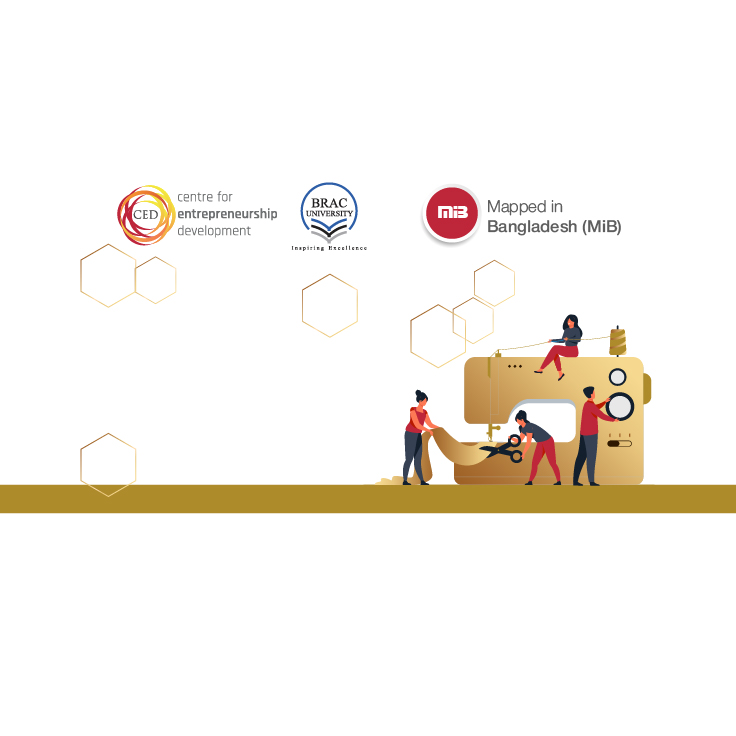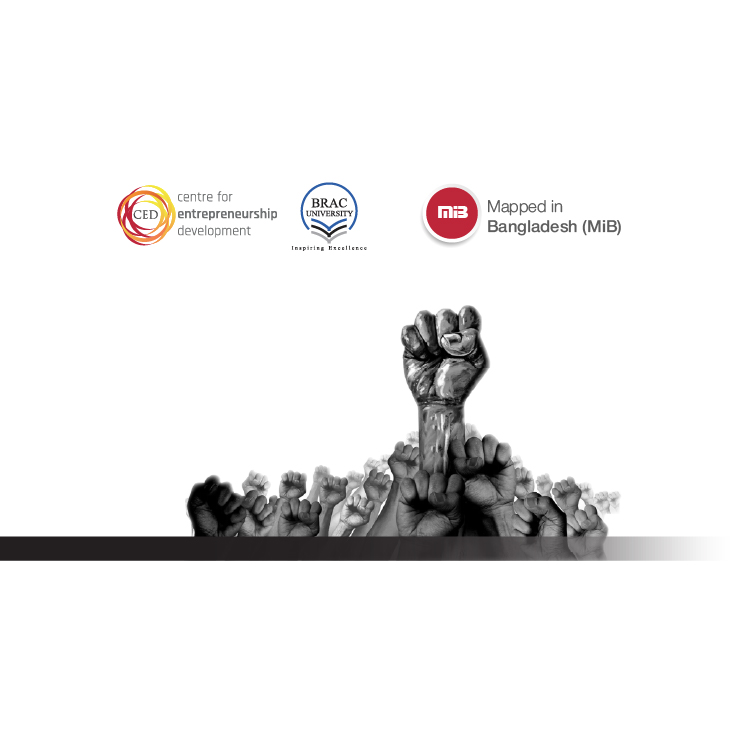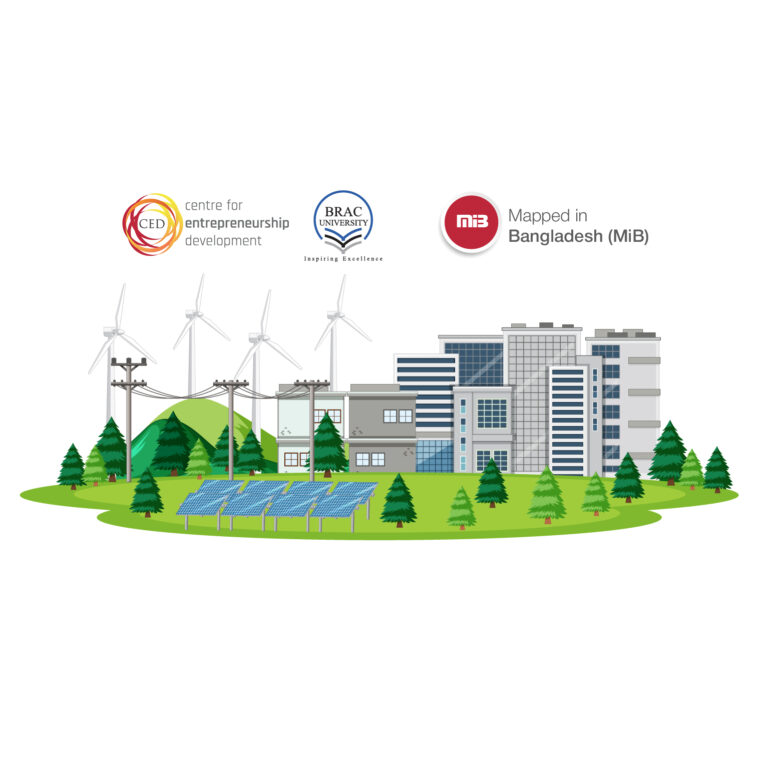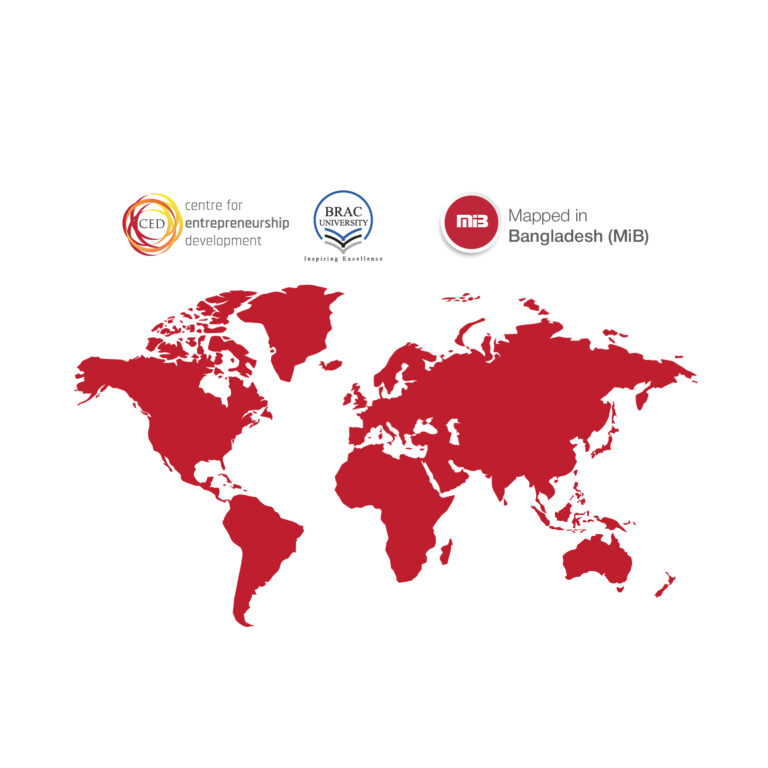Mapping climate risk in Bangladesh’s apparel sector

Background
Cornell University’s Global Labor Institute pioneers independent research about work in global supply chains, with a particular focus on the apparel industry. In partnership with global asset management firm Schroders, the institute produced a pair of reports analysing the impact of climate change on apparel production and workers.
The Challenge
Researchers wanted to map the fashion industry’s vulnerability to extreme heat and flooding and estimate how these risks translate to economic impacts. These findings would then inform recommendations for apparel brands, investors, policymakers, and manufacturers in the context of a just transition for production countries and workers.
As part of this, the researchers wanted to illustrate the impact of flooding across Dhaka and Chattogram for 2030 and 2050. To do this, data showing the exact locations of factories was needed. And the Cornell/Schroders team needed accurate data that showed all apparel-exporting factories, something that is often difficult to attain due to the tangled nature of apparel factory data.
The Solution
MiB provided Cornell GLI with specific GPS datapoints on factories in Dhaka and Chattogram. As the largest primary repository of export-oriented factories in Bangladesh, this data was critical in enabling the researchers to perform a geospatial analysis of coastal and riverine flooding inundation levels for factories.
The Result
MiB’s data was critical in enabling researchers to delve into how flooding would impact production and workers. The research found that nearly 27 percent of factories in Bangladesh would be at risk of significant flooding (> 0.5 meters) in 2050, up from 16.7 percent in 2030.
The report was released in September 2023 and so far, has received approximately 300 pieces of press coverage globally and has drawn the attention of global fashion brands, investors, buyers and policymakers for calling attention to these climate risks and the need for urgent adaptation measures.
Testimonial
Research that uses disclosure of factory locations by fashion brands can be confusing and messy. Most brands do not disclose anything and some report too much: multiple listings for a single facility, bad addresses. We found that only MiB provided accurate, cleaned-up data that we could use right away. Their knowledge of the industry at the street level is invaluable.

Implemented by

Funded by

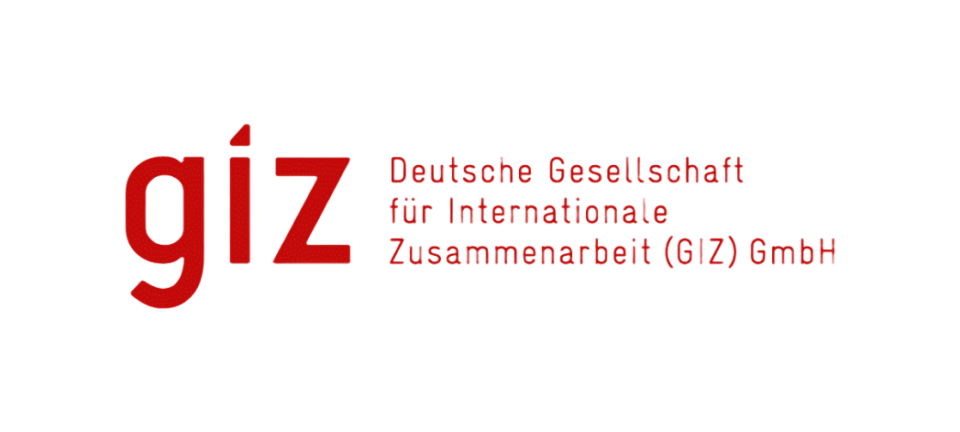

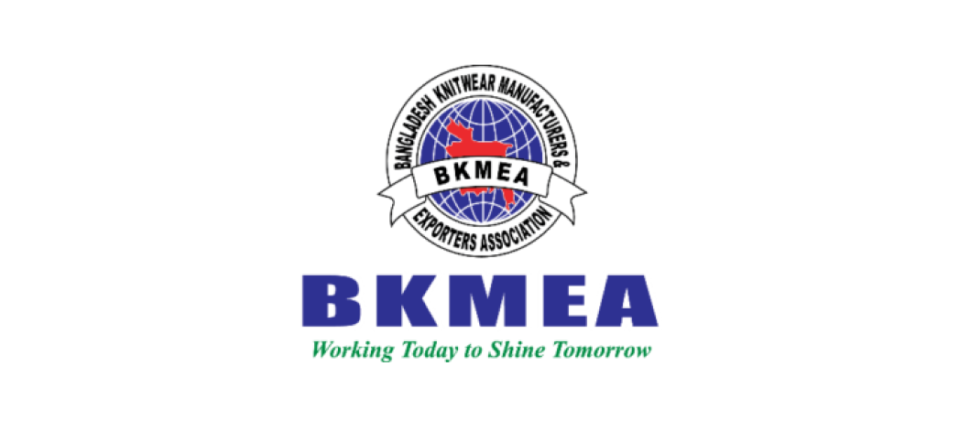
Latest Case Studies
Read the case studies and updates from the MiB team.


